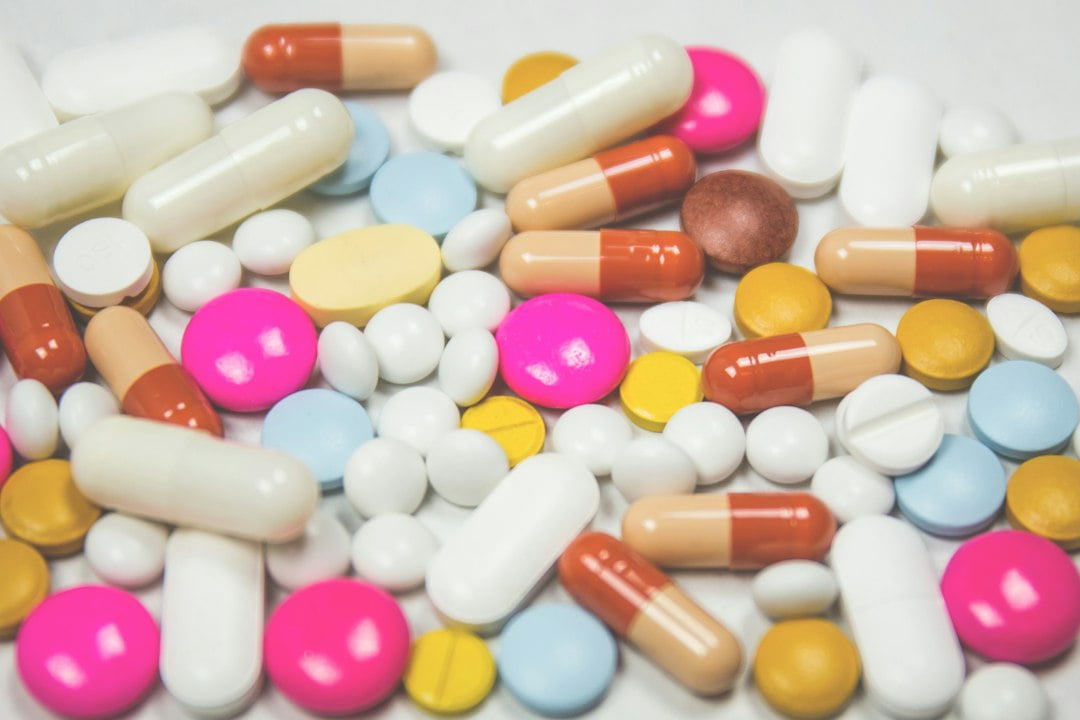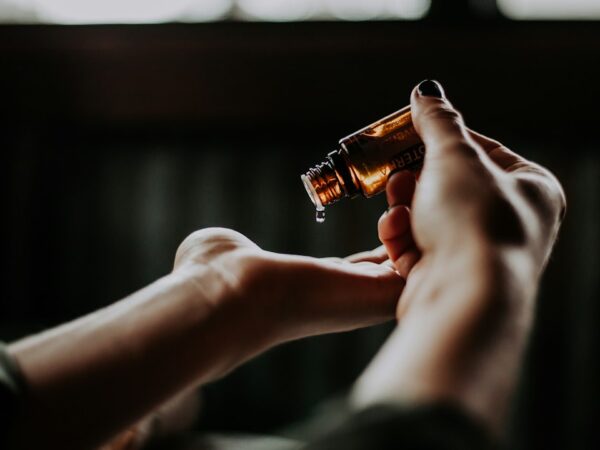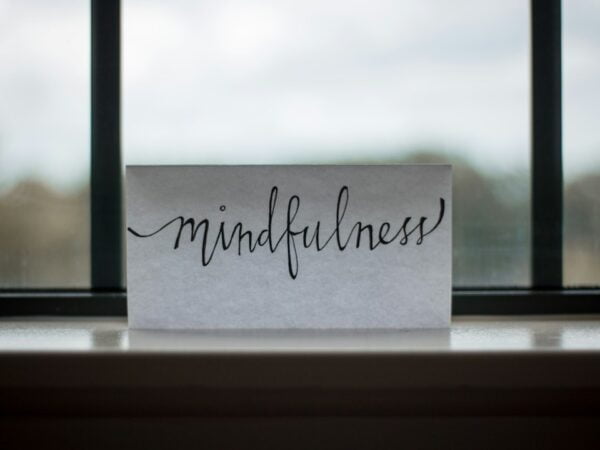
5 Essential Tips for Promoting Healthy Aging and Maintaining Physical Function
Aging is a natural process that everyone goes through, and it is important to support this process through healthy lifestyle choices. As we age, our bodies go through various changes, and maintaining physical function becomes crucial for independence and quality of life in older adults. By taking proactive steps to promote healthy aging, individuals can enhance their overall well-being and enjoy a fulfilling life.
Key Takeaways
- Regular exercise is crucial for maintaining physical health as we age.
- A balanced diet is essential for supporting physical health and preventing chronic conditions.
- Getting enough sleep is important for both physical and mental health.
- Managing stress is key to maintaining overall health and well-being.
- Staying socially active and engaging in brain-stimulating activities can support mental health and cognitive function.
Exercise regularly to maintain physical health
Regular exercise is one of the most effective ways to maintain physical health as we age. Exercise can improve strength, balance, and flexibility, which are all important for maintaining independence and preventing falls. The recommendations for exercise vary based on individual needs and abilities. Some older adults may benefit from low-impact exercises such as walking or swimming, while others may be able to engage in more vigorous activities like weightlifting or aerobics. It is important to consult with a healthcare professional before starting any exercise program to ensure it is safe and appropriate for your specific needs.
Eat a balanced diet to support physical health
A balanced diet is essential for supporting physical health in older adults. A diet rich in fruits, vegetables, whole grains, lean proteins, and healthy fats can provide essential nutrients that support overall well-being. Older adults may have specific dietary needs, such as increased protein intake to maintain muscle mass. It is important to consult with a registered dietitian or healthcare professional to develop a personalized meal plan that meets your specific nutritional needs.
Get enough sleep to support physical and mental health
| Metrics | Recommendation | Importance |
|---|---|---|
| Hours of sleep per night | 7-9 hours | High |
| Quality of sleep | Avoid caffeine and electronics before bed, create a relaxing sleep environment | High |
| Impact of sleep on physical health | Improved immune system, lower risk of obesity, diabetes, and heart disease | High |
| Impact of sleep on mental health | Improved mood, lower risk of depression and anxiety | High |
| Consequences of sleep deprivation | Impaired cognitive function, increased risk of accidents, decreased productivity | High |
Adequate sleep is important for physical and mental health at any age, but it becomes even more crucial as we get older. Older adults may experience changes in sleep patterns, such as difficulty falling asleep or staying asleep throughout the night. It is important to establish good sleep habits and create a relaxing bedtime routine. This may include avoiding caffeine and electronic devices before bed, creating a comfortable sleep environment, and practicing relaxation techniques such as deep breathing or meditation.
Manage stress to support physical and mental health
Chronic stress can have negative effects on both physical and mental health. It is important for older adults to find healthy ways to manage stress and promote overall well-being. Techniques such as meditation, deep breathing exercises, and engaging in hobbies or activities that bring joy and relaxation can help reduce stress levels. It is also important to seek support from friends, family, or a mental health professional if needed.
Stay socially active to support mental health

Social isolation can have detrimental effects on mental health, especially in older adults. Staying socially active is crucial for maintaining mental well-being and preventing feelings of loneliness or depression. Engaging in activities such as joining clubs or organizations, volunteering, or participating in community events can provide opportunities for engagement and connection. It is important to make an effort to stay connected with friends and loved ones, even if it means utilizing technology to communicate.
Engage in brain-stimulating activities to support mental health
Keeping the mind active and engaged is important for maintaining cognitive function and supporting mental health. Activities such as puzzles, reading, learning new skills, or playing musical instruments can stimulate the brain and help prevent cognitive decline. Engaging in these activities can also provide a sense of purpose and fulfillment, which is important for overall well-being.
Manage chronic conditions to maintain physical health
Many older adults may have chronic conditions such as diabetes, arthritis, or heart disease that can impact physical function. It is important to properly manage and treat these conditions to maintain physical health. This may include following a medication regimen, attending regular check-ups with healthcare professionals, and making necessary lifestyle changes such as adopting a healthy diet or engaging in regular exercise.
Stay up-to-date on preventive health measures to maintain physical health
Preventive health measures such as regular check-ups, screenings, and vaccinations are important for maintaining physical health in older adults. Regular check-ups can help detect and prevent health issues before they become more serious. Screenings such as mammograms, colonoscopies, and bone density tests can help identify potential health concerns early on. Vaccinations, such as the flu vaccine or shingles vaccine, can also be important for preventing illness and protecting overall health.
Embracing healthy aging for a fulfilling life
Embracing healthy aging is essential for maintaining physical and mental well-being in older adults. By making healthy lifestyle choices such as exercising regularly, eating a balanced diet, getting enough sleep, managing stress, staying socially active, engaging in brain-stimulating activities, managing chronic conditions, and staying up-to-date on preventive health measures, individuals can support their overall health and enjoy a fulfilling and enjoyable life as they age. It is never too late to start prioritizing your health and well-being, and by doing so, you can enhance your quality of life and age gracefully.
If you’re looking for ways to promote healthy aging and maintain physical function, you might be interested in checking out this informative article on Wave Magnets. They offer a range of products and resources designed to support overall well-being and vitality. One particular article on their website, titled “The Power of Magnetic Therapy for Healthy Aging,” explores the benefits of using magnetic therapy to enhance physical function and improve quality of life as we age. To learn more about this fascinating topic, click here.
FAQs
What is healthy aging?
Healthy aging refers to the process of maintaining good physical, mental, and social well-being as people grow older. It involves making lifestyle choices that promote longevity and prevent age-related diseases.
What are the benefits of healthy aging?
Healthy aging can help individuals maintain their independence, improve their quality of life, and reduce their risk of chronic diseases such as heart disease, diabetes, and cancer. It can also help individuals maintain their cognitive function and prevent age-related decline.
What are some lifestyle choices that promote healthy aging?
Some lifestyle choices that promote healthy aging include regular exercise, a healthy diet, getting enough sleep, managing stress, staying socially active, and avoiding harmful habits such as smoking and excessive alcohol consumption.
What types of exercise are best for promoting healthy aging?
A combination of aerobic exercise, strength training, and balance exercises are recommended for promoting healthy aging. Examples of aerobic exercise include walking, cycling, and swimming, while strength training can involve lifting weights or using resistance bands. Balance exercises can include yoga or tai chi.
What should a healthy diet for aging adults include?
A healthy diet for aging adults should include a variety of fruits, vegetables, whole grains, lean proteins, and healthy fats. It should also limit processed foods, sugary drinks, and foods high in saturated and trans fats.
What are some ways to manage stress for healthy aging?
Some ways to manage stress for healthy aging include practicing relaxation techniques such as deep breathing or meditation, engaging in physical activity, spending time with loved ones, and seeking support from a mental health professional if needed.
What are some social activities that can promote healthy aging?
Social activities that can promote healthy aging include volunteering, joining a club or group, attending community events, and spending time with friends and family. These activities can help individuals stay connected and engaged with their community.

















